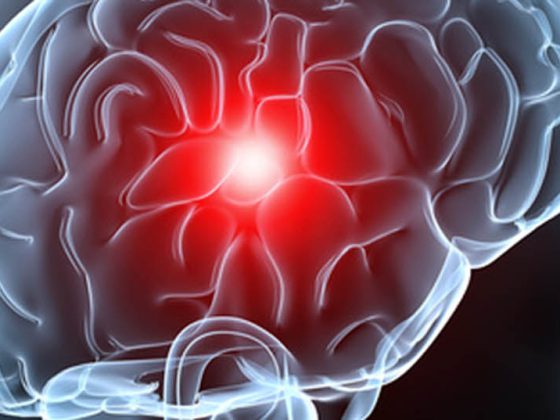Research question: To investigate in a case-control study to what extent the use of benzodiazepines (BDP) leads to an increased risk for the occurrence of Alzheimer’s dementia. Total cumulative dose of BDP taken and prodromal syndromes such as anxiety, depression, and sleep disturbances were included as covariatesen.
Background: Approximately 36 million people worldwide currently suffer from dementia. Due to demographic trends, this number is expected to double approximately every 20 years. In 2050, 115 million dementia patients are expected worldwide, which means far-reaching social consequences and high costs. Since there are no highly effective therapies yet, prevention is essential. To date, it is already well established that BDPs can lead to passive cognitive impairment. Some studies have also suggested a possible association between dementia and BDP ingestion – but they still have methodological weaknesses.
Patients and Methods: This case-control study included 1796 patients with an initial diagnosis of AD and followed them for six years until the time of analysis. There were further 7184 control subjects matched for sex, age, and follow-up duration included in the analysis and followed up and studied accordingly. In addition, we considered confounding variables such as diabetes mellitus, hypercholesterolemia, AIDS/HIV, and other diseases.
Results: BDP use was significantly associated with an increased risk of developing AD (odds ratio 1.51 [1,36–1,69]). When anxiety, depression, and sleep disturbance are considered as covariates, the result remains significant (OR 1.43 [1,28–1,60]). The risk of developing AD while taking BDP increases with the half-life of the BDP taken (OR for long-acting BDP 1.70; for short-acting BDP 1.43), and a significant dose-response relationship is also found. If 91-180 daily doses of BDP are taken, an OR of 1.32 (1.01-1.74) is found; at >180 daily doses, the risk increases further (OR 1.84 [1,62–2,08]).
Authors’ conclusions: BDP use was significantly associated with an increased risk of developing AD (43-51% increase in risk). Because risk increases with increased cumulative BDP intake, BDPs could be directly responsible. Careless long-term use of BDP should therefore be viewed critically.
Comment: The study, like almost every study, has limitations: For example, the researchers were only able to access a database, not the patients directly. Thus, if the diagnosis was made incorrectly or delayed, this will distort the results. One might further note that cognitive deficits associated with BDP use may have been misinterpreted as dementia. However, in summary, the strengths of the study outweigh the weaknesses: very high case number, long observation period, dose-risk relationship, and control of important covariates. The result is supported by five other studies and there are several biological explanations for it: for example, the reduction of BDP receptors correlates with cognitive deficits. Furthermore, long-term use reduces the brain’s cognitive reserve capacity.
Although BDPs have important benefits in the acute treatment of, for example, anxiety disorders or sleep disorders, in light of current findings (and recommendations of international guidelines), BDP therapy should only be given for a short period of time, i.e., no longer than three months.
InFo NEUROLOGY & PSYCHIATRY 2016; 14(4): 29.











